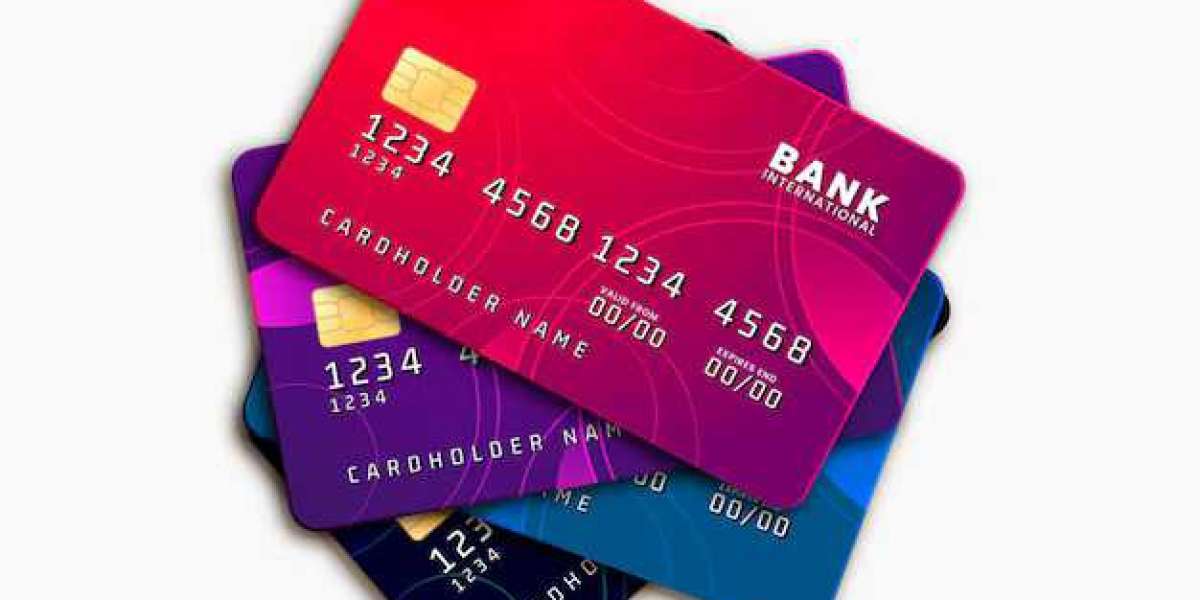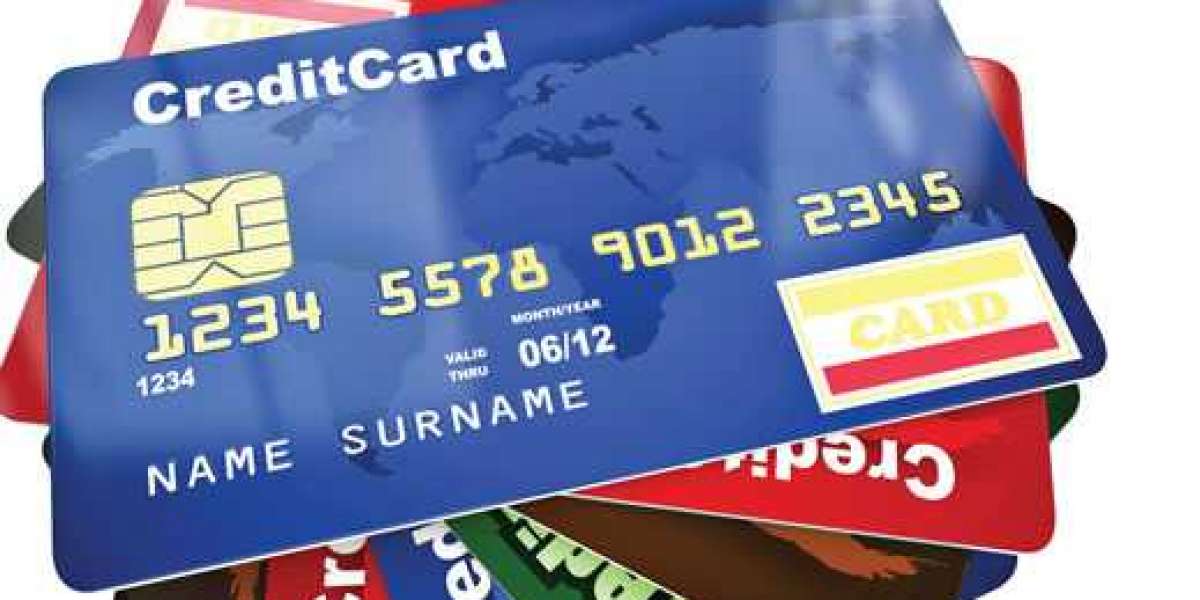The short answer is yes—using JokerStash was illegal, but let’s break down why and how this illegality applies to different types of users.
1. Understanding the Purpose of JokerStash
JokerStash was primarily designed to facilitate cybercriminal activity. It provided access to:
Stolen credit card dumps
Fullz (full personal information packages)
Bank login credentials
Identity documents
Purchasing or selling this kind of information clearly violates numerous laws in most countries, including fraud, identity theft, and trafficking in stolen data.
Even accessing JokerStash with the intent to buy or browse these materials is often interpreted by law enforcement as an attempt to commit or aid in a criminal offense.
2. Illegal for Buyers
Individuals who bought stolen data from JokerStash were clearly participating in criminal behavior. Here’s why:
Fraudulent Intent: Buying stolen credit card info is a step toward committing fraud, whether or not the buyer actually used it.
Possession of Stolen Property: In many jurisdictions, just possessing stolen digital data—like credit card numbers or Social Security numbers—is a crime.
Money Laundering Crypto Use: Most purchases on JokerStash were made with cryptocurrency, and concealing financial transactions to hide the origin of funds can fall under money laundering statutes.
Laws that were typically violated by buyers include:
The Computer Fraud and Abuse Act (CFAA) in the U.S.
Fraud Act 2006 in the UK
Article 263 of the Russian Criminal Code
Identity Theft and Assumption Deterrence Act
3. Illegal for Vendors
The people who sold data on JokerStash were often part of larger cybercrime rings. They obtained data through:
Data breaches
Skimming devices
Phishing campaigns
Insider leaks
These vendors faced severe legal consequences if caught. Selling stolen information is a direct criminal offense in virtually every country. Convicted vendors have been charged with:
Identity theft
Wire fraud
Conspiracy to commit fraud
Unauthorized access to computer systems
4. What About Just Visiting the Site?
Some people wonder: “What if I was just curious and clicked through the site without buying anything?” In general, visiting JokerStash wasn't automatically illegal—but it’s still risky.
Authorities often monitor traffic to and from known darknet domains. Even casual browsing can:
Trigger suspicion from law enforcement
Be considered intent to commit a crime, especially if accounts were created or search queries made
Link your IP to illicit content, even if passively viewed
Additionally, just possessing login credentials or bookmarking access to stolen data might be enough for authorities to build a case under certain laws, depending on your country.
5. Jurisdiction Matters
Illegality is always tied to jurisdiction. In the U.S., Canada, Europe, and most developed nations, JokerStash activity is clearly criminal. However, in countries with limited cybercrime legislation or lax enforcement, the gray area might appear wider.
Still, that doesn’t mean it’s truly legal—rather, it’s often not prioritized or enforced. That can change rapidly, especially as international cooperation increases.
6. Legal Precedents and Enforcement
Over the years, multiple users and vendors of JokerStash were prosecuted. Courts consistently ruled that:
Using marketplaces like JokerStash is inherently illegal.
Claiming ignorance or curiosity is not a valid defense.
Digital evidence (such as wallet transactions, chat logs, and metadata) is admissible in court.
These cases reinforce the idea that using such platforms is not only unethical but criminally punishable.
Conclusion
To put it simply—yes, using JokerStash was illegal. Whether you were a buyer, vendor, or even a curious browser, engaging with the platform carried serious legal risks. The marketplace was built for illegal purposes, and using it meant participating in a global cybercrime ecosystem.
As the internet becomes more regulated and law enforcement tools more advanced, the walls continue to close in on darknet platforms. Individuals who engage with them—even passively—should understand the full scope of legal and ethical consequences.







